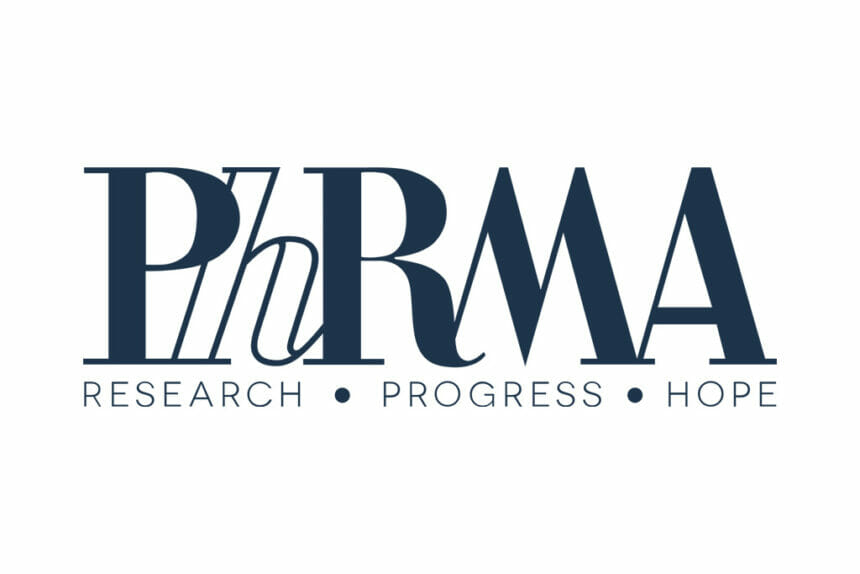A lawsuit seeking to defang the government’s drug-price negotiation power on constitutional grounds was thrown out by a Texas judge over a procedural glitch.
While it’s the first time that’s happened, the decision marks the latest policy setback the Pharmaceutical Research and Manufacturers of America (PhRMA) has suffered at the hands of the Biden administration.
Senior U.S. District Judge David Alan Ezra recently dismissed the three plaintiffs’ claim against the Department of Health and Human Services (HHS), the Centers for Medicare and Medicaid Services (CMS) and their respective directors.
“We are disappointed with the court’s decision, which does not address the merits of our lawsuit, and we are weighing our next legal steps,” said Nicole Longo, a spokesperson for PhRMA.
It comes two weeks after CMS sent initial price offers for the first 10 drugs selected under the price negotiation program, a major component of the Inflation Reduction Act (IRA) of 2022. The makers of those therapies have 30 days to respond and a projected final pricing decision announcement is due in September.
PhRMA had joined with two patient groups — Global Colon Cancer Association (GCCA) and National Infusion Center Association (NICA) — in bringing its suit last summer. Just one of those, NICA, is based in Texas, where the case was filed.
The trio asked the court to prevent HHS from implementing the IRA pricing provisions and to block the government from enforcing an excise tax, both on constitutional grounds. They alleged multiple violations, from the Constitution’s separation-of-powers principle and due process clause to the Eighth Amendment’s ban on “excessive” fines.
Because the claim falls under the auspices of the Medicare Act, plaintiffs would have had to show that bringing it through administrative channels was either impossible or faced a “serious practical roadblock,” judge Ezra explained in his 14-page motion to dismiss.
The plaintiffs, however, came up short. They were not barred from bringing their constitutional challenge through a so-called administrative review, he ruled. An exception could have allowed skirting judicial or administrative review, but they also failed to clear that hurdle.
“There are established avenues for administrative review of constitutional challenges to the IRA and requests for reimbursement,” the judge noted.
With NICA’s claim tossed – and neither of the other plaintiffs based in Texas – the court moved to dismiss the whole case for “improper venue.”
“Big PhRMA is so desperate to stop the Biden administration from lowering drug costs for seniors that they’re clogging the judicial system with spam lawsuits even in courtrooms they have no jurisdiction in,” read a statement from Accountable.US, a group billing itself as a nonpartisan government watchdog.
Unsurprisingly, the White House applauded the decision, as well.
“Despite Big Pharma’s attempts to block prescription drug negotiation, [CMS] is moving forward with their critical work to negotiate for lower drug prices for the first 10 drugs selected for the negotiation program,” White House Press Secretary Karine Jean-Pierre stated.
The negotiation program is projected to save $25 billion a year by 2031 and levies a tax on those companies who refuse to participate unless they withdraw altogether from Medicare. The program is set to take effect in 2026, pending other legal challenges.
The pharma industry has mounted 10 such cases, from Merck in the District of Columbia and AstraZeneca in Delaware to the U.S. Chamber of Commerce in Ohio, with several awaiting a decision. Bringing IRA cases in different legal venues raises the odds that implementation of the law may get delayed, legal experts have said.







